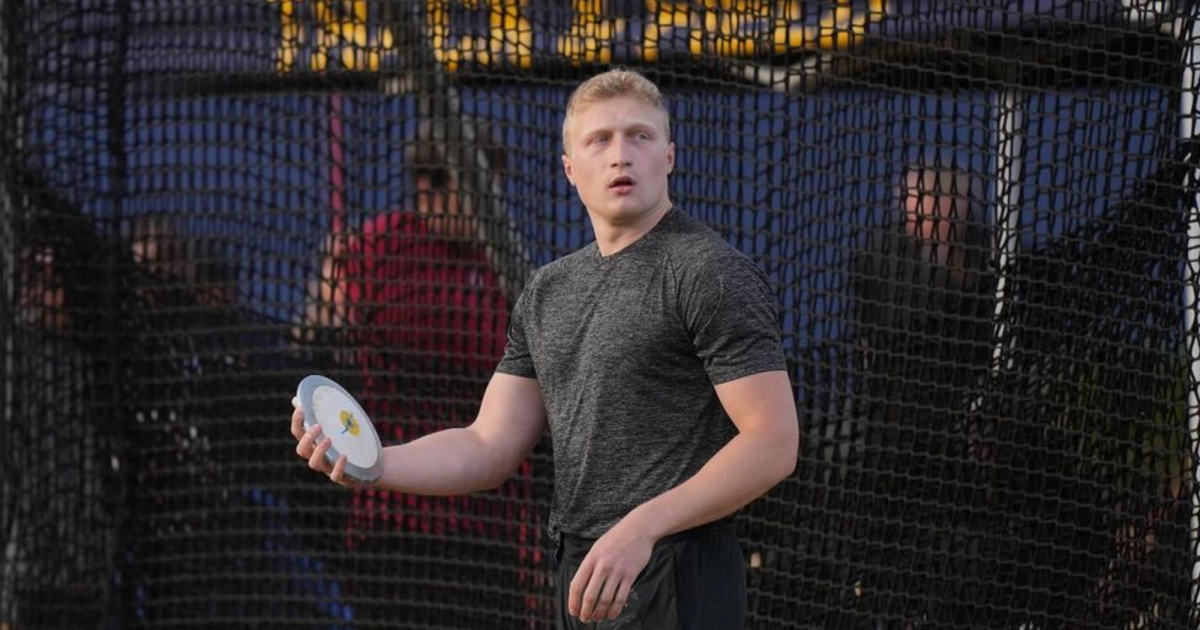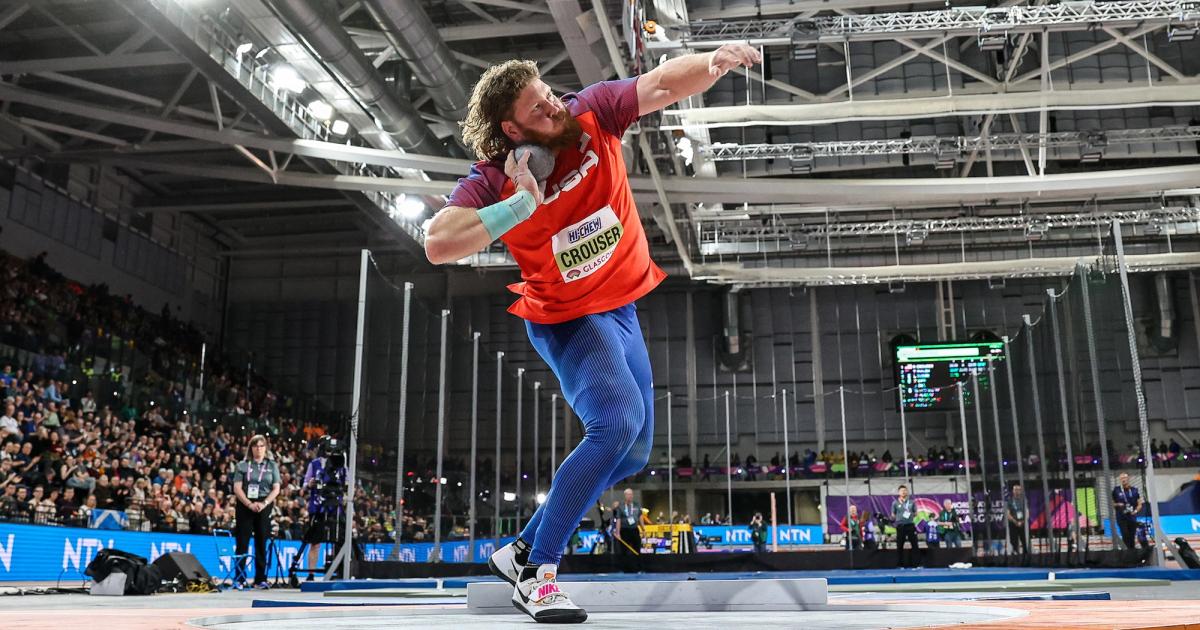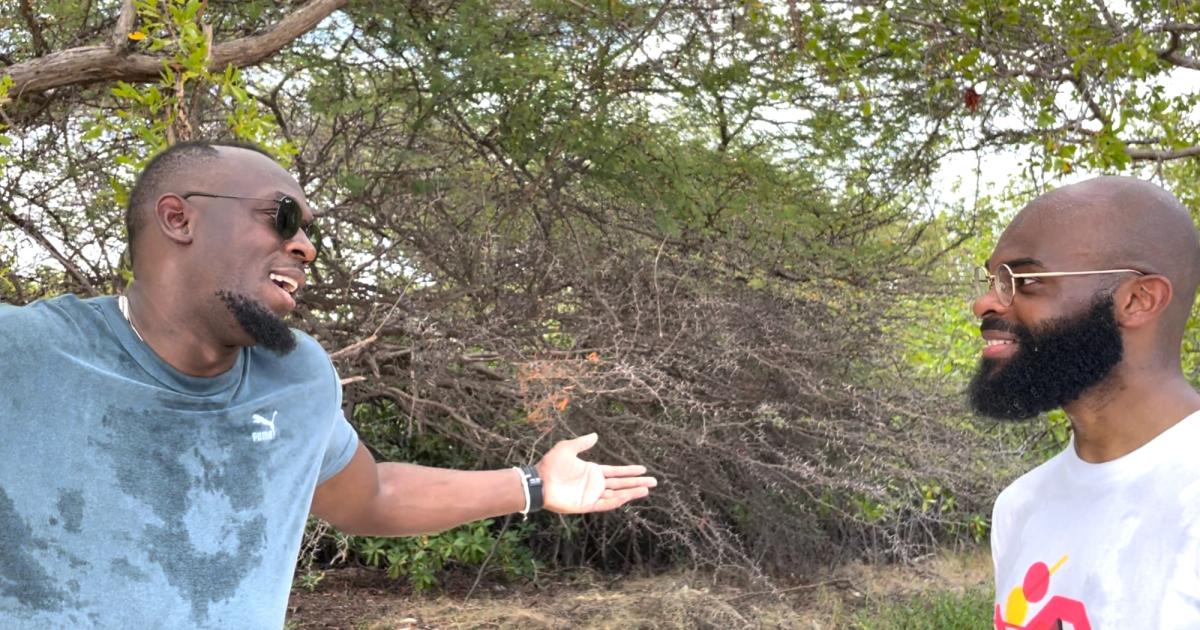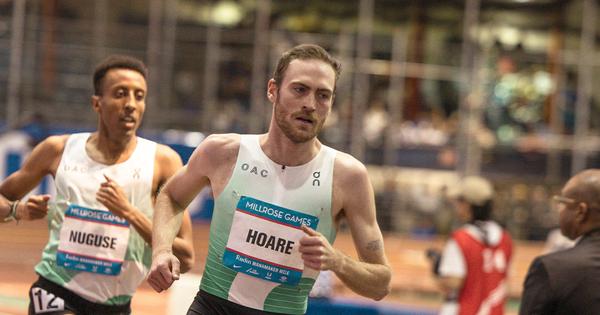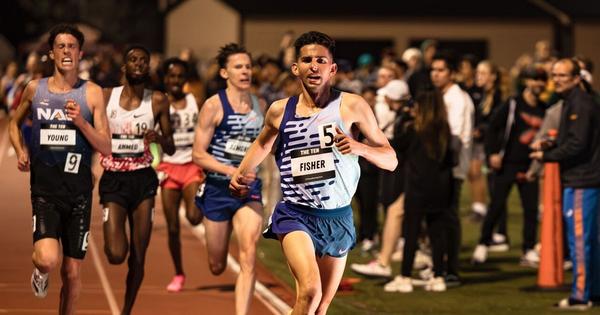By Paul Hof-Mahoney
April 8, 2024
As it stands right now, Virgilijus Alekna is the greatest discus thrower of all-time.
The towering Lithuanian won two Olympic and two World titles over the course of his 20-year international career and ranks second on the all-time list at 73.88m. His consistency and longevity over such a long career is only rivaled by the great Al Oerter. Alekna had eight years with seasons bests over the 70m mark, and even threw 70.28m in June of 2012 at age 40 to set the masters M40 world record.
Over the past few years, we’ve seen the likes of Daniel Ståhl and Kristjan Čeh win World and Olympic championships, showing potential to eventually take Alekna’s crown with a similar level of consistency and the ability to throw 70m at the drop of a hat. However, the athlete with the best chance of dethroning Alekna might just be his youngest son, Mykolas.
On Saturday night in Berkeley, the younger Alekna launched a 71.39m throw that moved him up to the 10th spot on the all-time list. Mykolas is also only 21 years old. Of the nine men in history to throw farther than 71.39m, the only person remotely close in age to Alekna is the aforementioned Čeh, who threw 71.86m last June at age 24. Alekna won’t turn 24 until after the 2026 season.
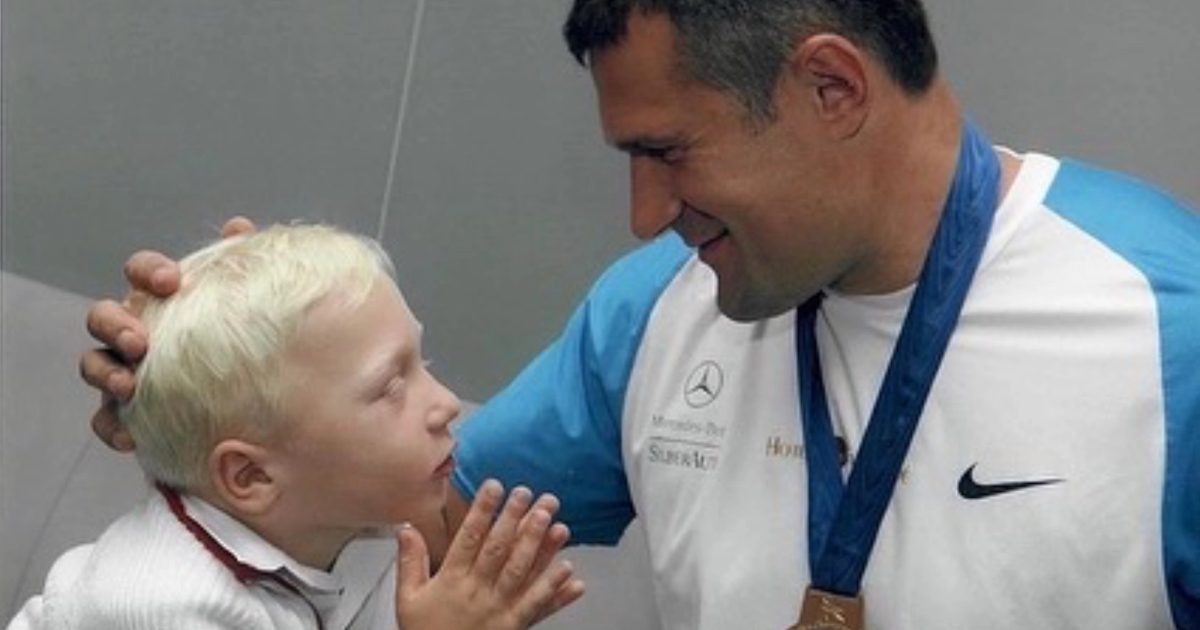
While the youthful Alekna’s mark was incredible, it wasn’t necessarily surprising. In 2022, he became the youngest ever World Championship medalist in the discus, earning silver. Less than a month later, he made more history as the youngest ever European discus Champion (he’s also the only teenager to ever medal in the event), setting the meet record in the process. 2023 saw Alekna become the youngest man in history to break the 70m (and 71m) barrier, collecting a bronze medal in Budapest as well.
Looking at Alekna’s body of work, his outstanding consistency is something that you rarely see from athletes his age, even at much shorter distances. He’s now thrown over 70m three times in his career and has eight meets to his credit over 69m. Last season, he only had one competition where he failed to break the 65m barrier, which unfortunately was at the NCAA Outdoor Championships. The lack of an NCAA title in his two years at Cal is the only blemish on his record, and it’s one he won’t get the chance to rectify this summer as he’s competing unattached this year in preparation for Paris.
Alekna hitting this mark when he did is incredibly significant for two reasons: 1) Being in this form in early April is a great sign for what he’ll be able to do the rest of the year. 2) Ramona, Oklahoma.
For those of you that don’t heavily follow discus, my mentioning of this tiny town in northern Oklahoma with 536 residents probably means nothing to you. For the discus world, however, Ramona, also known as “Throw Town,” is the best place in the world to throw the discus far.
Unlike the sprints and jumps, there are no wind readings or limitations in the throwing events. In most of the throws, this isn’t that big of a deal because high winds have a relatively low effect on the distance the implement travels. That is not the case in discus, and we have seen examples of that at Millican Field in Ramona time after time over the last two years.
The reliably beneficial winds in Ramona first caught the world’s attention last April when Alex Rose of Samoa threw just under a 3m PB of 70.39m. Some other significant improvements over the past 12 months include American Josh Syrotchen improving from 64.32m to 66.21m, Emma Sralla of Sweden improving from 56.38m to 59.70m, and Canadian Julia Tunks improving from 53.94m to 59.11m.
Just last weekend, we saw that the Throw Town magic is still in full effect in 2024, as Jamaican Ralford Mullings of the University of Oklahoma set a world lead (for a few hours at least… before Alekna’s 71.39m) at 69.67m, bettering his old PB by well over 4m. At the same meet, Nick Percy of Great Britain threw 67.73m, nearly 3m farther than any other throw in his career.
Obviously these marks are not solely a result of the wind., You could have all the beneficial wind in the world but you won’t even approach these marks if you aren’t one of the hardest-working, most skilled athletes in the world. But, given the trends of massive improvements when throwers come to Ramona, we are almost guaranteed to see something special go down when Mykolas Alekna steps into the ring in Oklahoma on Sunday.
Jurgen Schult has held the world record in men’s discus for a shade under 38 years. It sounds insane to say, but there is a legitimate chance that the oldest record in men’s athletics could be broken this weekend. It’s true that Alekna is coming into this meet at a higher standard than some of the other throwers I’ve mentioned previously that saw major improvements, so his barrier for a breakthrough is more difficult to reach. That being said, 74.08m is not completely out of the realm of possibility if he can catch the wind the same way some other throwers have.
Aside from Alekna, Sunday’s competition features a world-class field that you rarely see at this point in the season. Rose will be returning, and we’ll also see the two men that finished ahead of Alekna at the NCAA Championships last year, Turner Washington and Rojé Stona. Connor Bell of New Zealand, Lawrence Okoye of Great Britain, and Gudni Valur Gudnason of Iceland are other highlights of an incredibly deep international field.

Paul Hof-Mahoney
Paul is currently a student at the University of Florida (Go Gators) and is incredibly excited to be making his way into the track and field scene. He loves getting the opportunity to showcase the fascinating storylines that build up year-over-year across all events (but especially the throws).
